Sweet potato leaves are a rustic vegetable, familiar in many family meals. Sweet potato leaves contain a lot of nutrients, and are a rich source of vitamins.
With high levels of beta-carotene, vitamin A, and fiber, sweet potato leaves help improve immune health, support the digestive system, and lower cholesterol. In addition, sweet potato leaves are also good for people with diabetes, as they help control blood sugar levels effectively.
However, few people know that if sweet potato leaves are not eaten properly, it can also cause many worrying health effects.
Nutritional composition of sweet potato leaves
In 100g of sweet potato leaves contains:
Energy: 22 kcal
Water: 91.8 g
Protein: 2.6g
Starch: 2.8 g
Sodium: 8.06−832.31 mg
Magnesium: 220.2−910.5 mg
Phosphorus: 131.1−2639.8 mg
Calcium: 229.7−1958.1 mg
Potassium: 479.3−4280.6 mg
Vitamin B3: 0.856−1.498 mg
Vitamin B6: 0.12−0.329 mg
Vitamin B2: 0.248−0.254 mg
Vitamin B1: 0.053−0.128 mg
Vitamin C: 0.0627−0.081 mg
In addition, sweet potato leaves also contain small amounts of copper, zinc, manganese, iron, vitamin E, vitamin B5, biotin, and β-carotene.
In addition, many studies have shown that sweet potato leaves also contain high levels of polyphenols, flavonoids and carotenoids, providing many health benefits such as anti-oxidation, anti-cancer, immune regulation and liver protection.
The harmful effects of sweet potato leaves when eaten unscientifically
Causes constipation
Many people believe that eating sweet potato leaves will help with bowel movements and aid digestion. However, when eaten improperly, especially when eaten raw or undercooked, sweet potato leaves can cause constipation.
The main reason is that raw sweet potato leaves contain a lot of oxalate - a compound that hinders the absorption of calcium in the body, easily causing indigestion and constipation. Sweet potato leaves when eaten raw also have an astringent and pungent taste, not everyone can eat it easily. To avoid this phenomenon, you should boil or blanch the sweet potato leaves before using.
Allergic
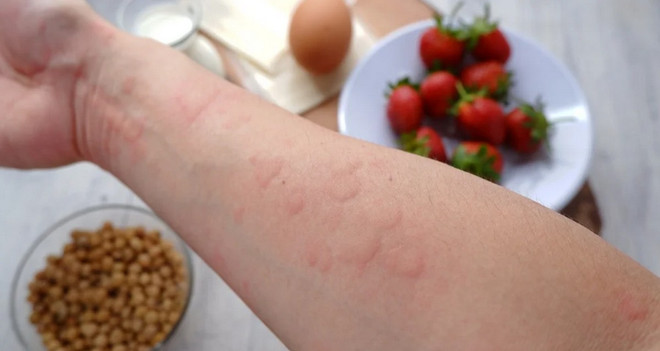
Although rare, some people may be allergic to sweet potato leaves and this is a side effect of sweet potato leaves that people with unstable constitutions should pay attention to. Symptoms of allergies can be rashes, itching, swelling or difficulty breathing.
If you have experienced these symptoms after eating sweet potato leaves, you should avoid consuming this vegetable in your daily diet. To be safe, if you have never eaten sweet potato leaves before, try eating a small amount to test your body's reaction.
Easy to interact with drugs
Sweet potato leaves may interfere with the effectiveness of some medications, especially blood thinners. This is because sweet potato leaves contain high amounts of vitamin K, which can increase blood clotting. If you are taking medications that affect your circulation or need to maintain blood thinning, consult your doctor before eating sweet potato leaves.
Notes when using sweet potato leaves
Proper processing
Cooking vegetables properly helps you absorb more nutrients. Boiling or blanching sweet potato leaves for a few minutes will help reduce the oxalate content while retaining essential nutrients.
Avoid over-boiling the vegetables, as this can destroy some of the valuable polyphenols and antioxidants found in the vegetables. If you prefer raw sweet potato, make sure to wash them thoroughly before eating to remove any dirt and residual chemicals.
Eat in moderation
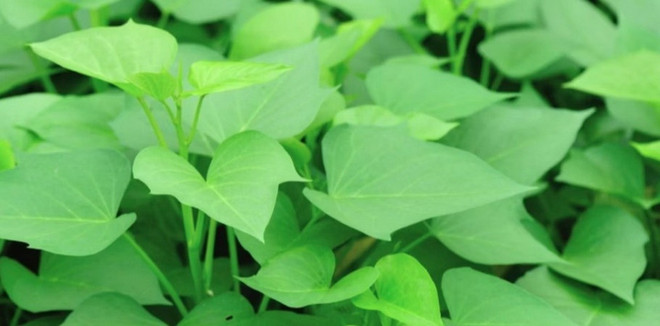
Sweet potato leaves are good but should not be eaten too much, especially by people with digestive problems such as constipation, diarrhea, or gastritis. People with a history of kidney stones should also limit their intake of sweet potato leaves due to their high oxalate content, which can increase the risk of stone formation.
Preserving sweet potato leaves
To keep sweet potato leaves fresh and nutritious, you should wrap them in paper towels, put them in a zip bag and store them in the refrigerator. This not only helps the vegetables stay fresh longer but also prevents the loss of nutrients due to exposure to air.
People who should be careful when eating sweet potato leaves:
People with diarrhea or weak digestive problems.
People with kidney stones are at increased risk of forming oxalate stones.
People with low blood sugar should be careful because sweet potato leaves affect blood sugar levels.
Avoid eating sweet potato leaves when hungry to avoid symptoms of dizziness and fatigue.
Pregnant women and people taking anticoagulants should consult their doctor before eating sweet potato leaves./.
Source: https://www.vietnamplus.vn/rau-lang-gay-tac-hai-gi-cho-suc-khoe-neu-ban-an-khong-dung-cach-post1071628.vnp




![[Photo] General Secretary To Lam receives the Director of the Academy of Public Administration and National Economy under the President of the Russian Federation](/_next/image?url=https%3A%2F%2Fvphoto.vietnam.vn%2Fthumb%2F1200x675%2Fvietnam%2Fresource%2FIMAGE%2F2025%2F12%2F08%2F1765200203892_a1-bnd-0933-4198-jpg.webp&w=3840&q=75)





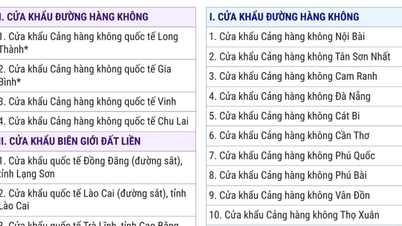












































































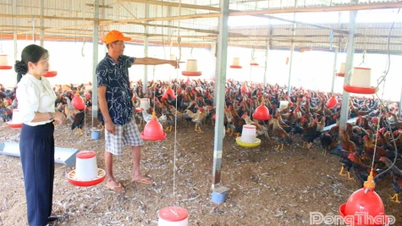
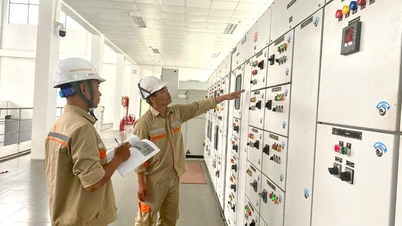





















Comment (0)